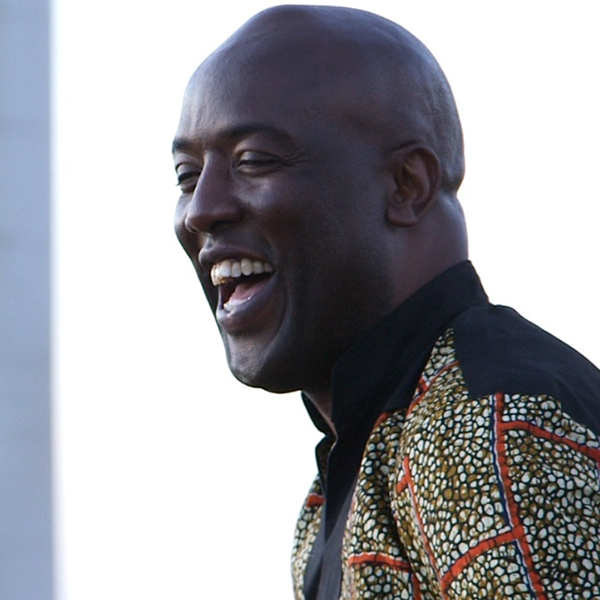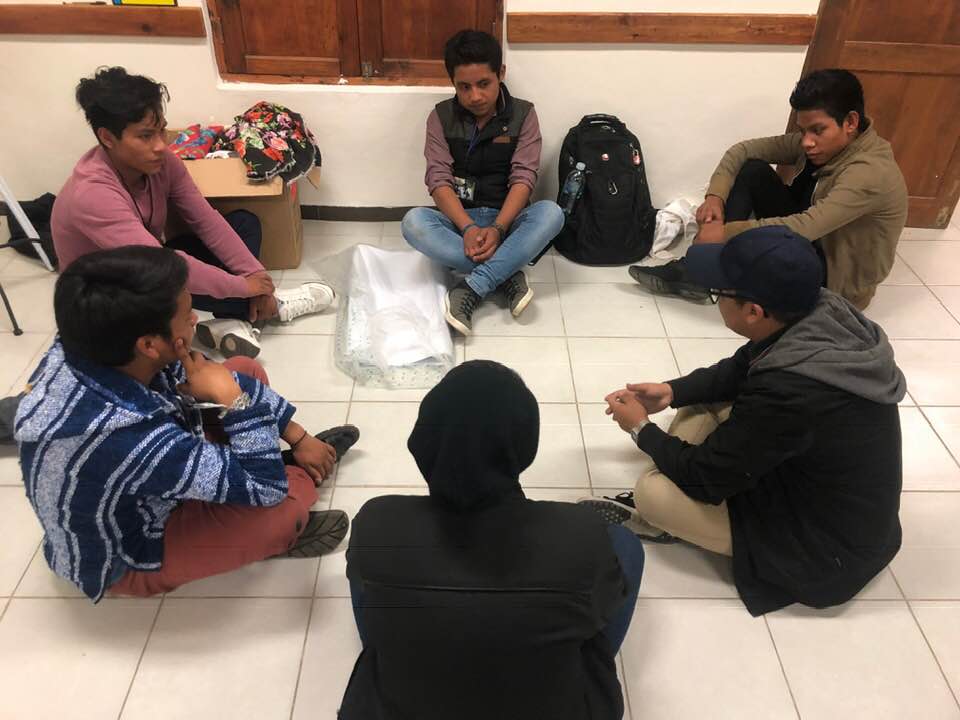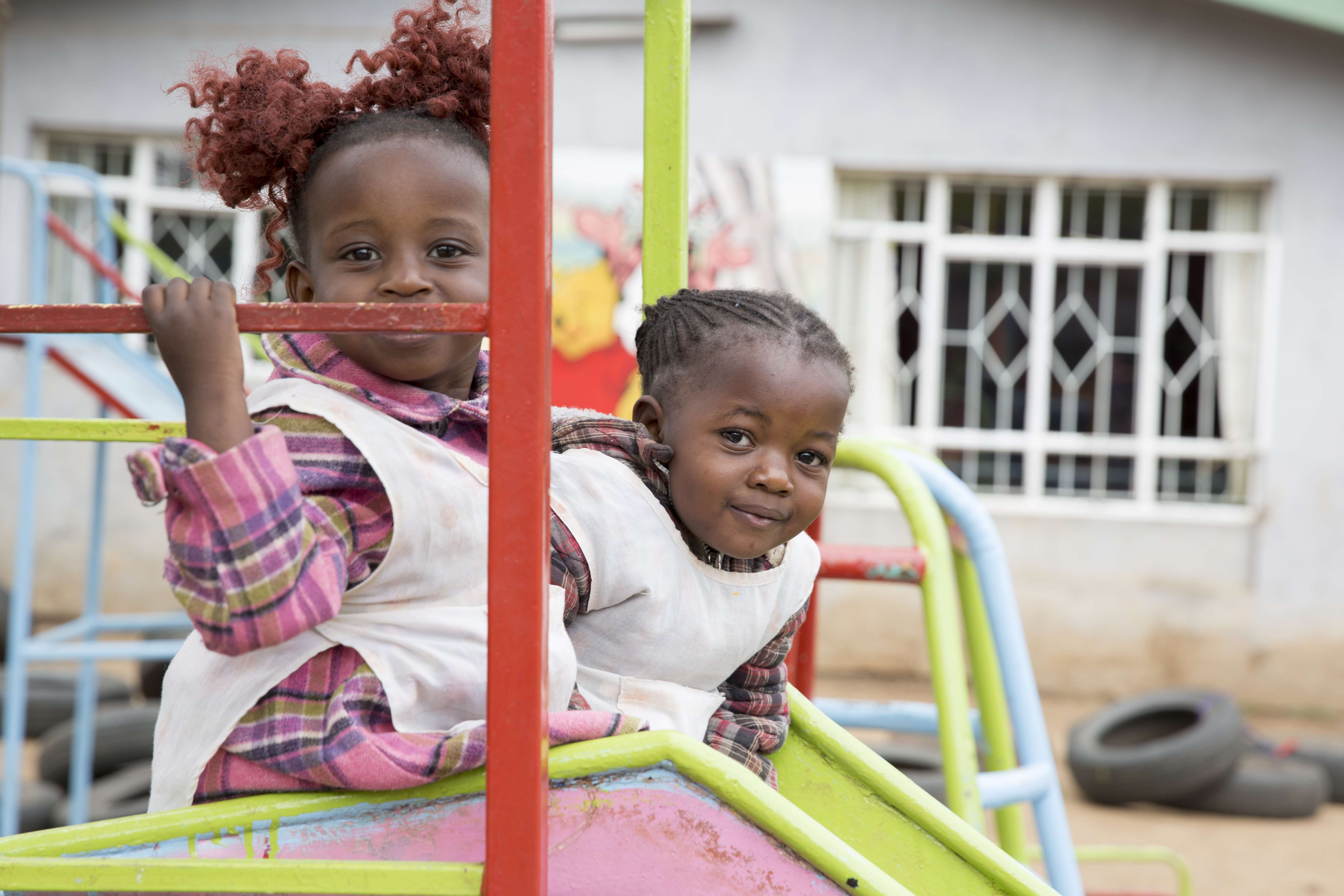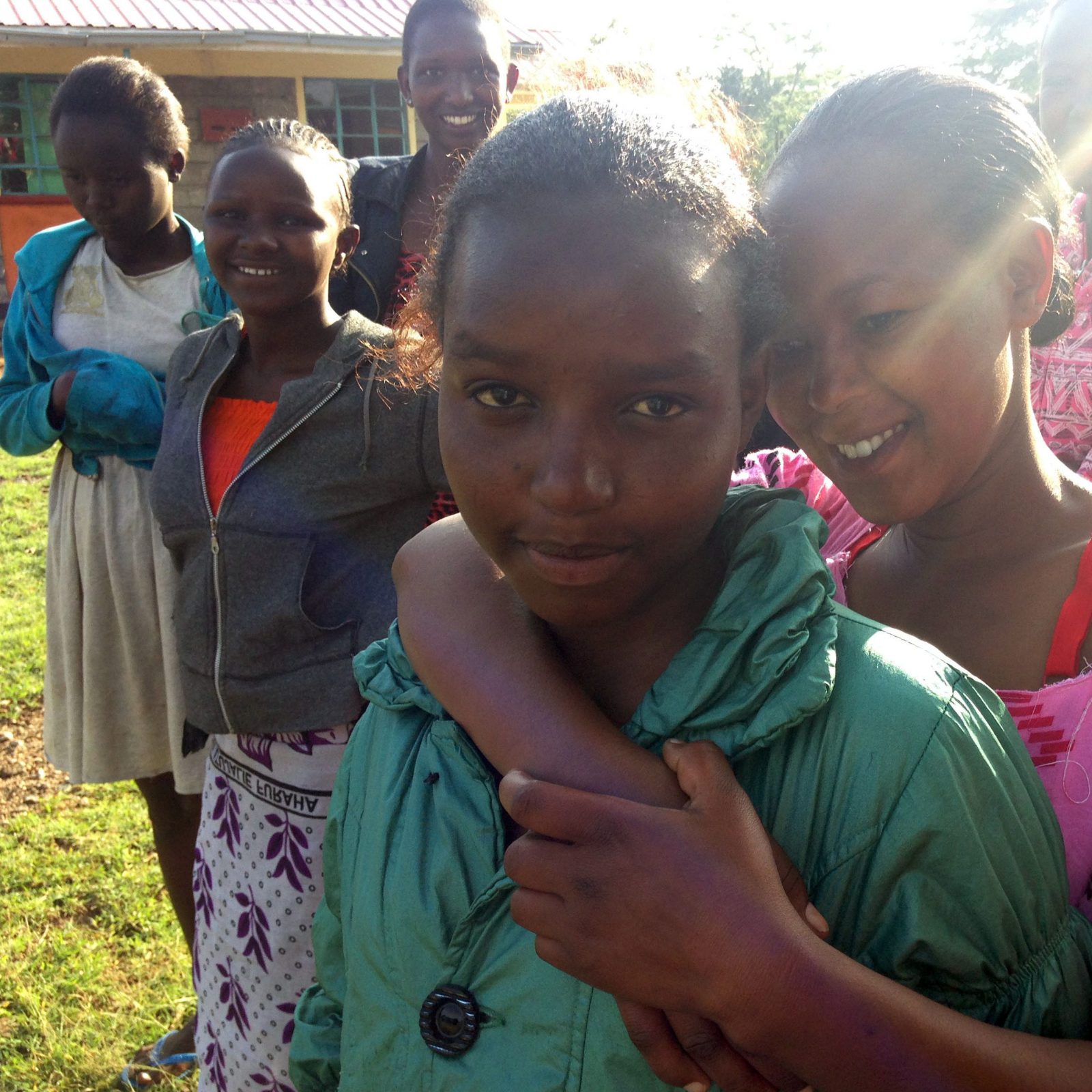After spending two years of his youth at the Korogocho dump, Allan Odhiambo founded Boy Child Initiative to give other boys like him a second chance through education.
Every month, Allan Odhiambo, the Founder and Executive Director of Boy Child Initiative (BCI) in Nairobi, Kenya, visits the Korogocho garbage dump. He has a special connection to this place: for two years of his youth, he called the dump home, scavenging for food, clothing, and whatever he thought was of value.
“Every time I see the site, it reminds me of a dark period in my past. It’s depressing and heartbreaking,” Allan says.
On this visit, Allan meets several boys, among them, Kasee.* Kasee is one of the over 46,000 Kenyans living on the streets. He is also one of the over 1,500 people who come to this dump every day to scavenge, in competition with stray dogs, goats, cows, pigs, and marabou storks. Allan takes time to listen to all the boys, but it is Kasee’s story that captures his attention. It is eerily similar to his own.
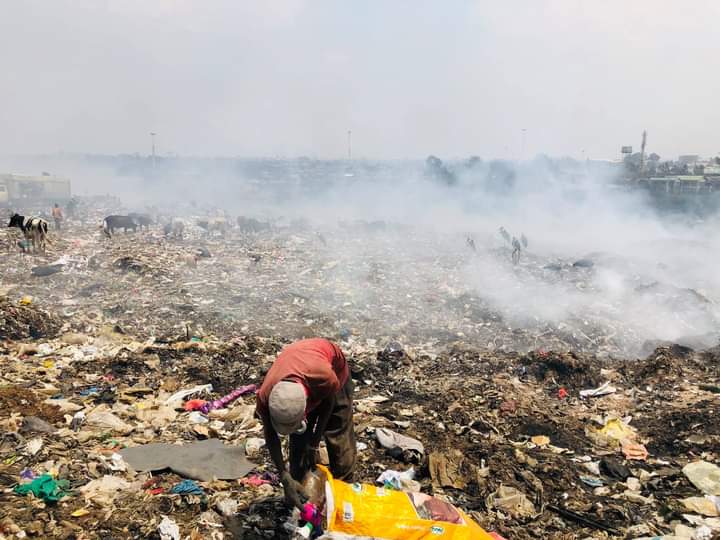
Allan was brought to Nairobi by an aunt at 13 years old, after the death of both his parents. The broken promise of being sent to school and the harsh conditions at his aunt’s house forced him to flee and fend for himself on the streets, where he eventually eked out a living from the dump. A Catholic priest who sponsored him to go to school gave him an opportunity to leave the dump, and he finally graduated with a diploma in social work.
Kasee is 16 years old, young and full of energy. He migrated a few years ago from eastern Kenya after succumbing to the allure of the big city with its promise of a better life. He had lost both his parents and had nothing to live for in his village. He dreamed of an opportunity to go back to school and even become a doctor. But like many other economic migrants to Nairobi, he soon realized that the promise of a better life upon arrival in the city was a mirage. Reality quickly settled in. His dreams shaken, the future was unclear.
Through his friends on the streets, Kasee discovered the Korogocho dump. He comes here daily in search of whatever he can find – anything to survive just for the day. On this day, in the thick of smoky trash, he finds a pair of broken headphones. He puts them on and imagines music, loses himself to the imaginary beat. He hopes for a new song, a tune of redemption and a better life.
“The situation of Kasee and those like him is hard for me to comprehend. How is it that we allow our people to live like this, 57 years after independence?” Allan says.
Kasee may only imagine and hope for now. This is what keeps him going every day. But he doesn’t have to hope alone. It is boys like Kasee that BCI looks out for. Allan was given a lifeline from this very place; helping boys in the same situation is now his mission.
“Mine is to imagine with them … to go beyond just the imagination. The price is too high for us all to live by hope alone. Kasee must not die in these toxic fumes when there is plenty for everyone to share. His life must not be cut short by artificial circumstances. He has rights, just like the other 45 million that call Kenya home. But while we wait to fix our government, I will do my part to help someone else realize his dreams,” Allan says.
Allan established Boy Child Initiative in 2011 in the Korogocho slum with the purpose of working with boys like Kasee, giving them hope and a second chance at life through education. BCI runs an early learning center for younger children as well as a resource and training center for older boys. It is Allan’s way of paying it forward for the chance he was given.
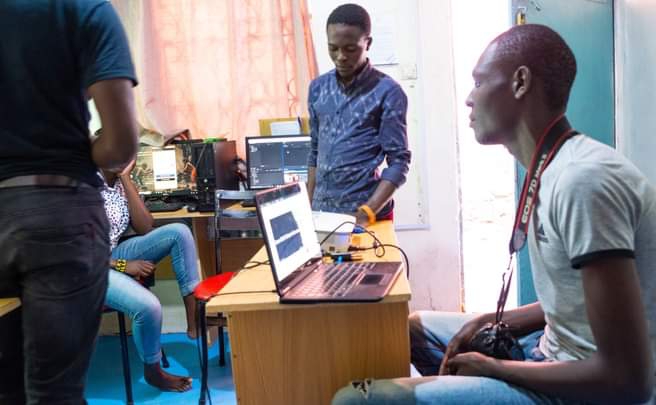
Before leaving, Allan explains what BCI does and extends an invitation to Kasee to be part of the organization; Kasee promptly accepts. After 16 months of living on what the dump provides, he has a chance to pursue the dream of a better life that brought him to the city, an opportunity to listen to real music.
Kasee is currently participating in BCI’s residential rehabilitation program. He will then enroll in a mechanics course through BCI, as he has expressed interest in this new dream – which he now has a path to reach.
Global Fund for Children supports leaders like Allan, leaders who see a need and do something about it. Partnership with GFC since 2014 has helped BCI grow from supporting a handful of children in a makeshift structure to an organization with established internal systems and a team equipped and dedicated to serving the community better.
*Kasee’s name has been changed.
Header photo: Youth participants in BCI’s programs in 2013. © GFC
